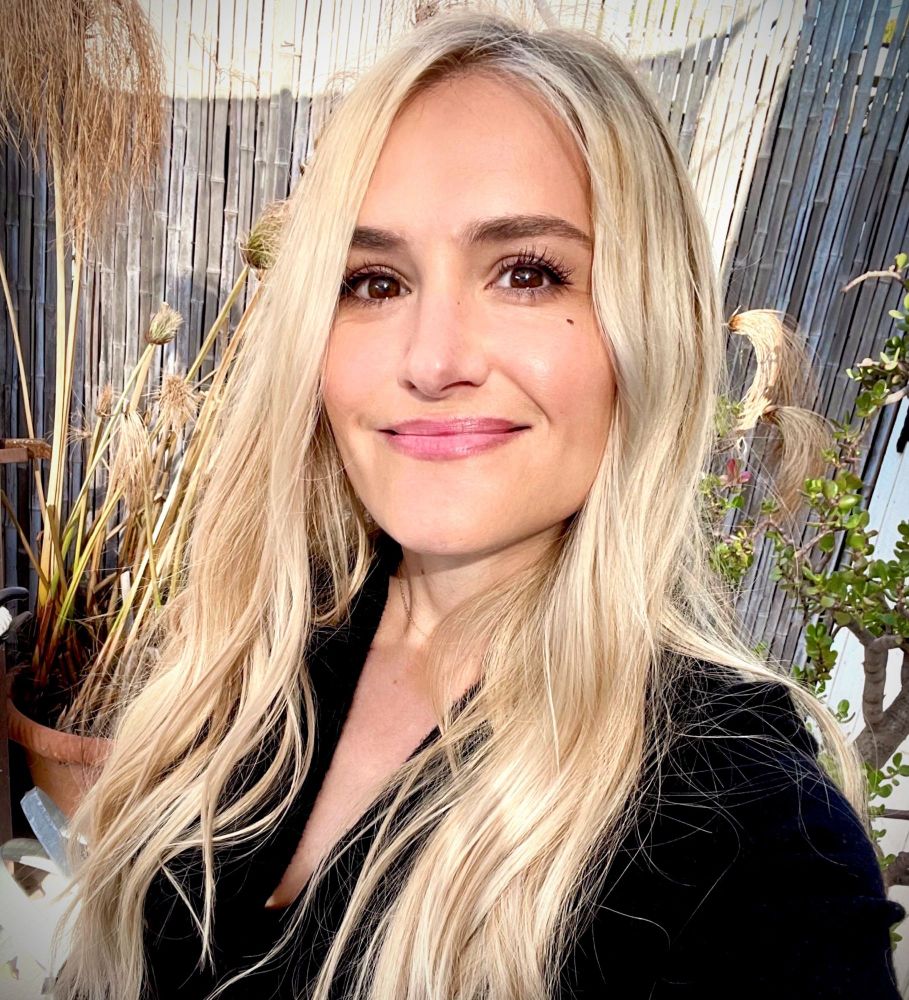
Dr. Lotte Pummerer
@lpummerer.bsky.social
PostDoc political psychology - research and insights about conspiracy theories, societal transformation, social norms, morality.
I can see how this sometimes might save costs (then again not being able to assess one‘s own knowledge of things also comes with costs), but it has nothing to do with going with the crowds. More infos on the design and metacognitive sensitivity included in the paper.
October 10, 2025 at 11:13 AM
I can see how this sometimes might save costs (then again not being able to assess one‘s own knowledge of things also comes with costs), but it has nothing to do with going with the crowds. More infos on the design and metacognitive sensitivity included in the paper.
Always wise to do ;) Here is the same page in partly English/partly German (glitch on their side?). Blue left button says accept all, right blue reject all, white button = settings. Page should open even if you reject cookies.

October 9, 2025 at 11:37 AM
Always wise to do ;) Here is the same page in partly English/partly German (glitch on their side?). Blue left button says accept all, right blue reject all, white button = settings. Page should open even if you reject cookies.
I saw the same page in English (asking for cookies) - maybe differences somehow in browser/location/settings?
October 9, 2025 at 11:21 AM
I saw the same page in English (asking for cookies) - maybe differences somehow in browser/location/settings?
I will not miss the train rides to Bremen, but am thankful for the experiences at the social and work psychology lab there with @nadirafaber.bsky.social and team.
October 9, 2025 at 8:44 AM
I will not miss the train rides to Bremen, but am thankful for the experiences at the social and work psychology lab there with @nadirafaber.bsky.social and team.
Further interesting is the fact that this relation is weaker and not always found regarding conspiracy mentality, suggesting different cognitive underpinnings.
October 9, 2025 at 8:30 AM
Further interesting is the fact that this relation is weaker and not always found regarding conspiracy mentality, suggesting different cognitive underpinnings.
In the studies, we find that belief in conspiracy theories such as Apollo moonlanding or those surrounding vaccinations are related to lower metacognitive sensitivity, thus, a lower ability to assess one's own knowledge - the latter measured with items totally unrelated to conspiracy theories.
October 9, 2025 at 8:30 AM
In the studies, we find that belief in conspiracy theories such as Apollo moonlanding or those surrounding vaccinations are related to lower metacognitive sensitivity, thus, a lower ability to assess one's own knowledge - the latter measured with items totally unrelated to conspiracy theories.
First news is that I just joined the Uni Mannheim, team of Olga Stavrova. Looking forward to the exchange with colleagues (@publavecziga.bsky.social, @janaberkessel.bsky.social) and the nice research environment with @gesis.org (incl @axburg.bsky.social) and the @mzesunimannheim.bsky.social nearby
October 9, 2025 at 8:13 AM
First news is that I just joined the Uni Mannheim, team of Olga Stavrova. Looking forward to the exchange with colleagues (@publavecziga.bsky.social, @janaberkessel.bsky.social) and the nice research environment with @gesis.org (incl @axburg.bsky.social) and the @mzesunimannheim.bsky.social nearby
…and really cool advisors ;)
March 26, 2025 at 7:03 PM
…and really cool advisors ;)
Very proud to be supervising Paula Wessel (a very talented researcher) and the project on conspiracy beliefs and violence
March 26, 2025 at 2:05 PM
Very proud to be supervising Paula Wessel (a very talented researcher) and the project on conspiracy beliefs and violence
6/6 Potential small steps: Get informed & inform others about how science & politics work (don't assume people know or want to polarize!). Resist politicization & the development of mega-identities, cultivate societal dialogue about knowledge structures and norms that bridge (perceived) divides 🌉
November 25, 2024 at 11:44 AM
6/6 Potential small steps: Get informed & inform others about how science & politics work (don't assume people know or want to polarize!). Resist politicization & the development of mega-identities, cultivate societal dialogue about knowledge structures and norms that bridge (perceived) divides 🌉
5/6 Yet, people value when institutions stay neutral, even for their own causes (www.coryjclark.com).

Cory Clark, Behavioral Scientist
Webpage for Cory Clark, Behavioral Scientist and Director of the Adversarial Collaboration Project at University of Pennsylvania. Cory conducts research in political psychology, moral psychology, cogn...
www.coryjclark.com
November 25, 2024 at 11:43 AM
5/6 Yet, people value when institutions stay neutral, even for their own causes (www.coryjclark.com).
4/6 That means, trust in media can decline due to perceptions ab the environment, e.g. through politicization, social media & "mega-identities" (identities merging different aspects of life - @dannagal.bsky.social), independent from fact-checked work of journalists (@jesperstromback.bsky.social).
November 25, 2024 at 11:43 AM
4/6 That means, trust in media can decline due to perceptions ab the environment, e.g. through politicization, social media & "mega-identities" (identities merging different aspects of life - @dannagal.bsky.social), independent from fact-checked work of journalists (@jesperstromback.bsky.social).
3/6 Whether knowledge resistance is (ir)rational depends on the epistemic environment, and if reliable information is available or perceived as unreliable (@mbaghramian.bsky.social).
November 25, 2024 at 11:42 AM
3/6 Whether knowledge resistance is (ir)rational depends on the epistemic environment, and if reliable information is available or perceived as unreliable (@mbaghramian.bsky.social).
2/6 Many misconceptions seem not due to ill intentions but (missing) exposure to information - whether about policies and how politics work (@emilythorson.bsky.social) elections (@brendannyhan.bsky.social), or health/windfarm (see our work here: doi.org/10.47368/ejh...; doi.org/10.1038/s415...)
Addressing Covid-19 Vaccination Conspiracy Theories and Vaccination Intentions
| European Journal of Health Communication
doi.org
November 25, 2024 at 11:42 AM
2/6 Many misconceptions seem not due to ill intentions but (missing) exposure to information - whether about policies and how politics work (@emilythorson.bsky.social) elections (@brendannyhan.bsky.social), or health/windfarm (see our work here: doi.org/10.47368/ejh...; doi.org/10.1038/s415...)

